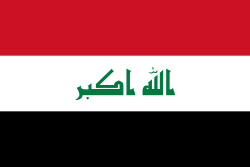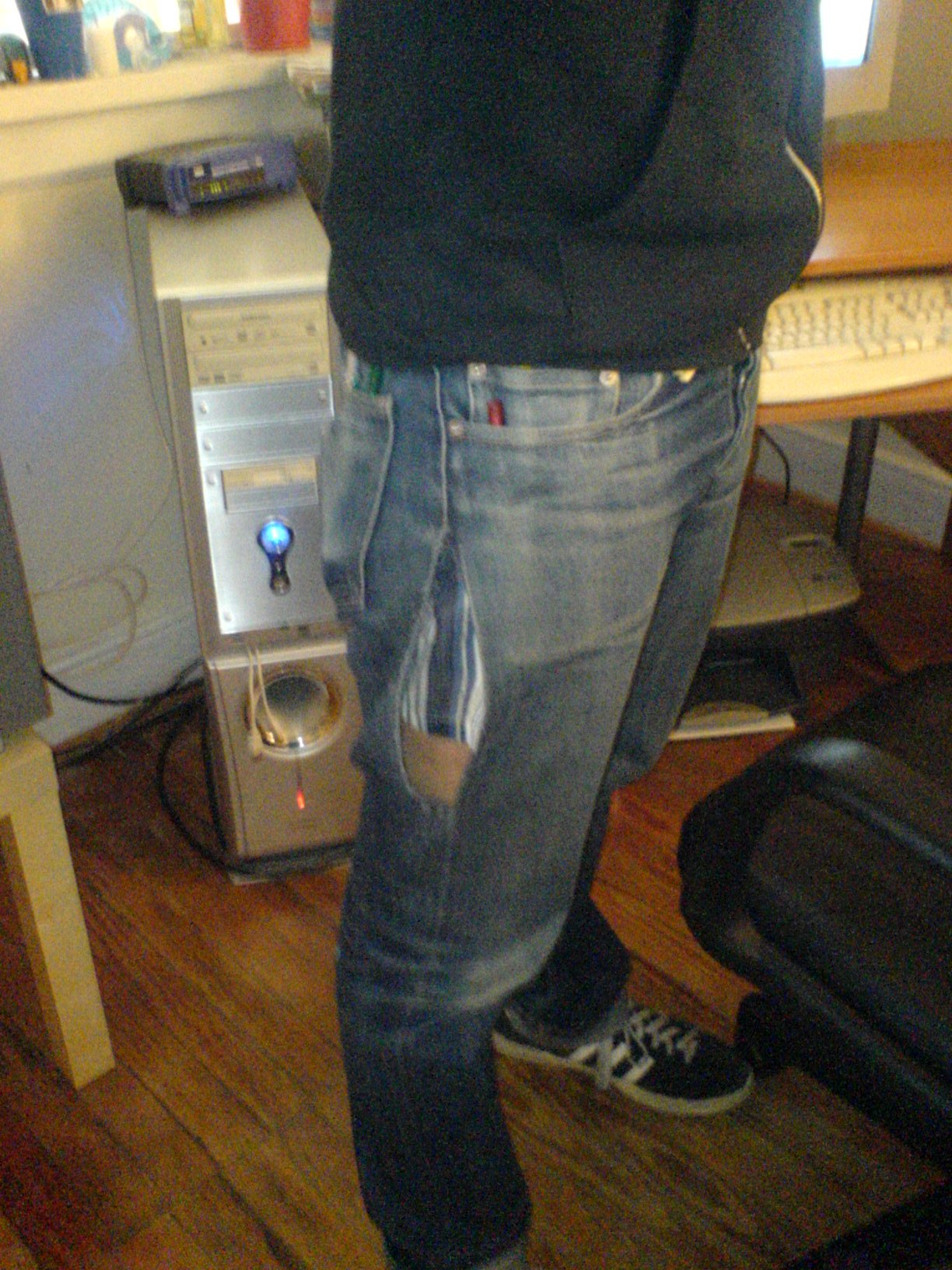i started this
bit with a simple question... "but seriously folks,
what the hell is in the health care bill anyway?"
dreday posted
this little gem yesterday, and so here is a nice clean
summary of the health care act, and here is a nice clean
summary of the health care bill that was signed into law (which includes the financial aid overhaul as well).
now heres another bit... my analysis in pros and cons.
pros...
im pretty sure this bills biggest plus is that it largely resolves
adverse selection, aka people who wait until the day before expensive medical diagnoses/treatments to sign up for insurance coverage, or people who only sign up for coverage because they know they are at high-risk for illness. since theyre getting coverage from a plan they never paid into, this drives up premiums for all the other poor saps that have been paying while healthy.
but seriously folks, signing up as late as possible or only when feeling generally unhealthy was the skewed incentive prior to this bill, and the solution was to try boot people who had pre-existing conditions. the problem was: theres no way to tell between those who honestly didnt know they had a condition and those who were consciously gaming the system, so they both got booted.
another one of the pluses for this bill is solving
this... before the reform, paying health care recipients eventually ended up paying for people who couldnt afford emergency care (which includes shitbags like
this) either through higher insurance premiums or higher emergency care costs (if you dont have insurance).
The cost of emergency care required by EMTALA is not directly covered by the federal government. Because of this, [...] increasing financial pressures on hospitals in the period since EMTALA's passage have caused consolidations and closures, so the number of emergency rooms is decreasing despite increasing demand for emergency care. There is also debate about the extent to which EMTALA has led to cost-shifting and higher rates for insured or paying hospital patients, thereby contributing to the high overall rate of medical inflation in the U.S.
According to the Centers for Medicare & Medicaid Services, 55% of U.S. emergency care now goes uncompensated. When medical bills go unpaid, health care providers must either shift the costs onto those who can pay or go uncompensated. In the first decade of EMTALA, such cost-shifting amounted to a hidden tax levied by providers. For example, it has been estimated that this cost shifting amounted to $455 per individual or $1,186 per family in California each year.
Financial pressures on hospitals in the 20 years since EMTALA's passage have caused them to consolidate and close facilities, contributing to emergency room overcrowding. According to the Institute of Medicine, between 1993 and 2003, emergency room visits in the U.S. grew by 26 percent, while in the same period, the number of emergency departments declined by 425. Ambulances are frequently diverted from overcrowded emergency departments to other hospitals that may be farther away. In 2003, ambulances were diverted over a half a million times.
i always have to correct people who are up in arms about reform because they dont want to pay for other peoples healthcare and explain to them that prior to reform, they did in fact already pay for others care, either explicitly through medicare or medicaid, or implicitly through the aforementioned emergency care cost-shifting. in some ways, this reform is simply making some of the implicit costs explicit by expanding medicaid to cover the would-be unpaying emergency room visitors.
another pro is health exchanges, which is essentially a competitive insurance market with consistent minimum benefits, allowing for more coherent comparisons of different plans with standardized options.
and finally if youre into equity, it takes huge steps to provide access to healthcare by fully subsidizing (through medicaid) those with incomes up to 133% of the poverty level ($14,404 individual / $29,327 family of four) and partially subsidizing (through subsidies and tax credits) those with incomes from 133% to 400% of the poverty level ($29,327 to $88,200 for a family of four).
cons...
now heres the catch, if the bill is going to be
deficit-
neutral (which it definitely should be), the money for these subsidies will of course have to come from taxes in some form or another to the tune of about $700 billion (including the possibilities of higher taxes or budget cuts elsewhere, hopefully the latter). while it appears those with incomes up to $43,420 (individual) or $88,200 (family of four) are getting a subsidy, at some break-even point approaching but below these higher income levels, people are essentially only getting back as health care subsidies and tax credits what theyve already paid in as taxes.
(some stats...)
$700 billion / 140 million taxpayers = about $5,000 per taxpayer (coincidentally about the same as the
bailout)
below 133% the poverty level, it is indeed free healthcare financed by
medicaid (
note: "in some states medicaid beneficiaries are required to pay a small fee [co-payment] for medical services.") from 133% the poverty level to the break-even point, its increasingly forcing people and employers to buy health insurance with their own money. above the break-even point its forcing people and employers to buy their own health insurance as well as healthcare for others and fining them if they dont comply.
dont get it twisted to mean im railing against the bill, all taxes "force" spending in some form or another... im just saying that wherever that break-even point lies is where the equity/efficiency trade-off begins, producing access for those below it at the expense of coercion for those above.
another downside: the bill also increases
moral hazard. since insurers cant deny or charge more based on health status, americans can be as fat and unhealthy as they like and expect everyone to share their health care bill (no pun intended). since america is one of the only countries (the only country?) where the poor are actually fatter than the rich, poor unhealthy fatties are the most likely to be subsidized.
(some more stats...)
less than $25,000: 32.5% obese
$25,000-$40,000: 31.3% obese
$40,000-$60,000: 30.3% obese
more than $60,000: 26.8% obese
pro or co(r)n...
which leads me to my final point, everything here is an estimate or projection, including the benefits of health exchanges and the $700 billion cbo price tag. if anything, my bit about moral hazard is really an argument that the price tag may be overly optimistic, as the government is still essentially spending to fatten people up with corn feed (through
agricultural subsidies) and then spending to try keep these obese people healthy (through
health care subsidies). and its doing it all with
borrowed money.
so thats my caveat... we should always be open to the possibility of
unintended consequences.
sanitas boner, bitches! (ahem, sanitas bona.)


